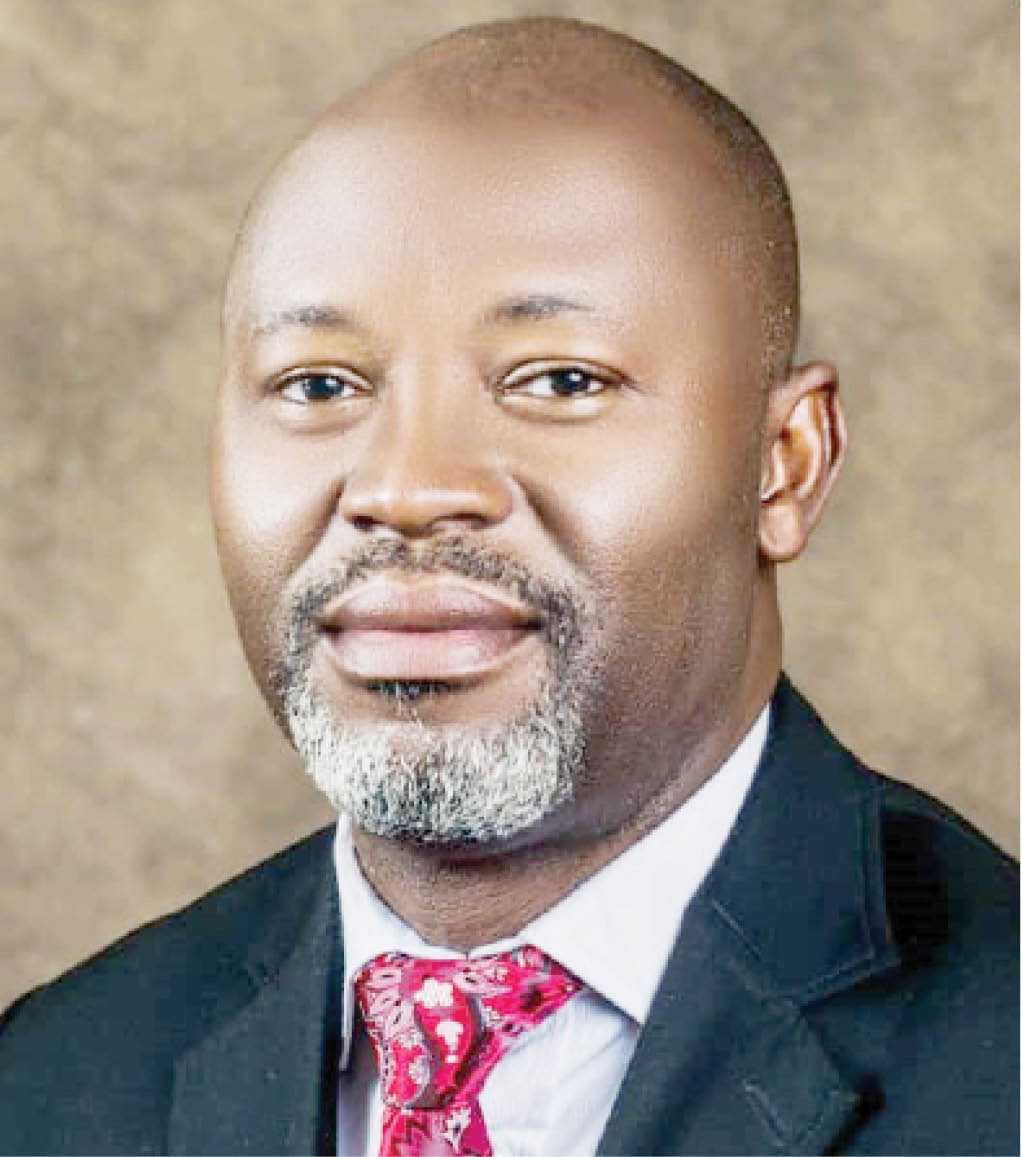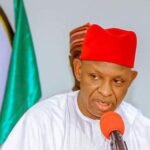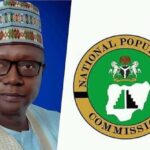Professor Ken Ozoilo is a medical consultant with the Jos University Teaching Hospital (JUTH) and National President, Medical and Dental Consultants’ Association of Nigeria (MDCAN). In this interview, he explains how fairer and healthier healthcare services can be achieved for every Nigerian.
In Nigeria, the larger population lives in the hinterland where there are various challenges to health care accessibility. How do you think these challenges can be mitigated to access equitable and quality health service delivery?
The first step would be to build an all-inclusive health care system that does not discriminate based on the ability to pay. Our current model is predominantly out of pocket payment and as a result, many families are unable to pay and many more are impoverished by crushing hospital bills once there is a major health challenge.
The solution to this is Universal Health Coverage (UHC). To be universal, it has to be compulsory too. The National Health Insurance Scheme (NHIS) currently oversees only a little above 5% of the Nigerian population, predominantly federal government workers. Many states have started their own contributory health insurance schemes, including Plateau State.
There is still a need to provide legislative backing to make it universal, at both national and state levels.
There is an obvious gap in accessing quality health care services between those in the cities and those in the hinterland. What are the major health inequities in Plateau State and how can they be dismantled to ensure equal access?
Health inequalities exist on many levels. The most obvious is between the haves and the have nots. Poorer households obviously spend a greater fraction of their income on health when challenges arise and so incur a greater burden than more affluent households.
There is also an urban/rural aspect to the inequalities. Many health centres are concentrated in urban areas where fewer people reside. There are more health facilities and health personnel in Jos for example than the rest of Plateau State put together, and this is the same in most states of the federation.
There are also more doctors and other health personnel in the federal institutions than the entire states put together and these facilities are invariably located in their employment urban areas.
The third tier of government has very scanty health personnel in their employment, and this tier is the closest to the populace.
Neither tier of government has any safety nets for the indigent, the vulnerable such as children, the aged, the unemployed and the disabled. There is also inequity by disease pattern because there is no treatment available in the country for certain diseases such as cancer and more complex cases.
People with the misfortune of having these diseases are left to their fate, even among those who fall within the middle class. Only those affluent enough to afford medical tourism have any hope of succour in these circumstances.
Medical tourism itself comes with inequity because many government officials and politically exposed individuals enjoy state sponsorship for their medical tourism, to the exclusion of others, using scarce resources that in reality, belongs to all.
Again, the first step towards remedying this is universal and compulsory health insurance because it creates a pool that will provide for the treatment of the sick with the contributions of those who are not, at any given time.
What has been the major win despite COVID-19 in ensuring equal access to health care in the country?
The gains despite the COVID-19 pandemic are scant. Perhaps the most obvious one is the increased testing capacity that was rolled out across the country by the Nigeria Centre for Disease Control (NCDC).
In the wake of the pandemic, initially, testing was limited but now it is easily accessible in virtually all parts of the country.
This is, however, not a sustainable model because we cannot mount this kind of response for every disease.
Secondly, many conditions kill more Nigerians than the COVID-19 such as malaria, tuberculosis, road traffic accidents, childbirth and infant and newborn emergencies.
The pandemic itself focused attention on the health sector and exposed the level of deficit inherent therein and this is supposed to be a good thing.
The lessons from this have, however, not been integrated into national health policies on a broader scale, meaning that these lessons will have to be relearnt when, not if, a new challenge hits us.
Another bright spot is the proposed tertiary health institutions tax fund, modelled after the Tertiary Education Trust Fund (TETFUND), but for the health sector, currently under consideration by the National Assembly. If this is passed, it is hoped that it would receive quick assent by the Executive.
In line with this year’s theme of World Health Day, how can we ensure a fairer and healthier country for all?
The surest way of building a fairer, healthier world for everyone, with particular reference to Nigeria is Universal Health Coverage (UHC).
Funds could be sourced from different sources. Government should commit to ensuring a greater percentage of the national budget is dedicated to health than the current paltry 5% to 7%.
Individual involvement has to be mandatory as ordinary people ultimately bear the brunt of poor health, and are the ones that get impoverished by the out-of-pocket payment model.
A useful sector to learn from would be the telecoms sector. Following its privatization early in the millennium, telecom was very expensive and out of the reach of most people. In fact, before that, it was said that telephones were not for poor people.
Today, there are more than 150 million active phone lines and virtually every nook and cranny of the country is covered by telecoms. It is no longer a class symbol as most illiterate rural dwellers possess active lines. This was achieved through the involvement of the private sector.
We have also proposed severally that a form of telecoms tax, borne by the consumer, should be imposed, in proportion to the average daily expenditure of individuals on phone calls. This would create a pool, with contributions from the most remote areas of the country.
This pool of funds should then be made available to investors who are ready to move into communities to provide healthcare for the contributors, wherever they may be located.
The caveat is that the pool must be shielded from the corruption that pervades the public sector and so should be largely placed at the disposal of the private sector, or at worst, run on a Public-Private Partnership (PPP) model.
That done, government at all tiers must make a provision for the healthcare of the poorest of the poor, by building a social safety net to cover such populations as orphans, the unemployed, people living with disabilities, people with incapacitating mental conditions, the aged etc.
That done, government in conjunction with the private sector can then work to invest in the care of very expensive treatments such as cancer, reconstruction and other highly specialised treatments that are too expensive to be covered by the usual health insurance policies.
I believe that this will go a long way in building a fairer, healthier world, particularly for Nigerians.

 Join Daily Trust WhatsApp Community For Quick Access To News and Happenings Around You.
Join Daily Trust WhatsApp Community For Quick Access To News and Happenings Around You.


